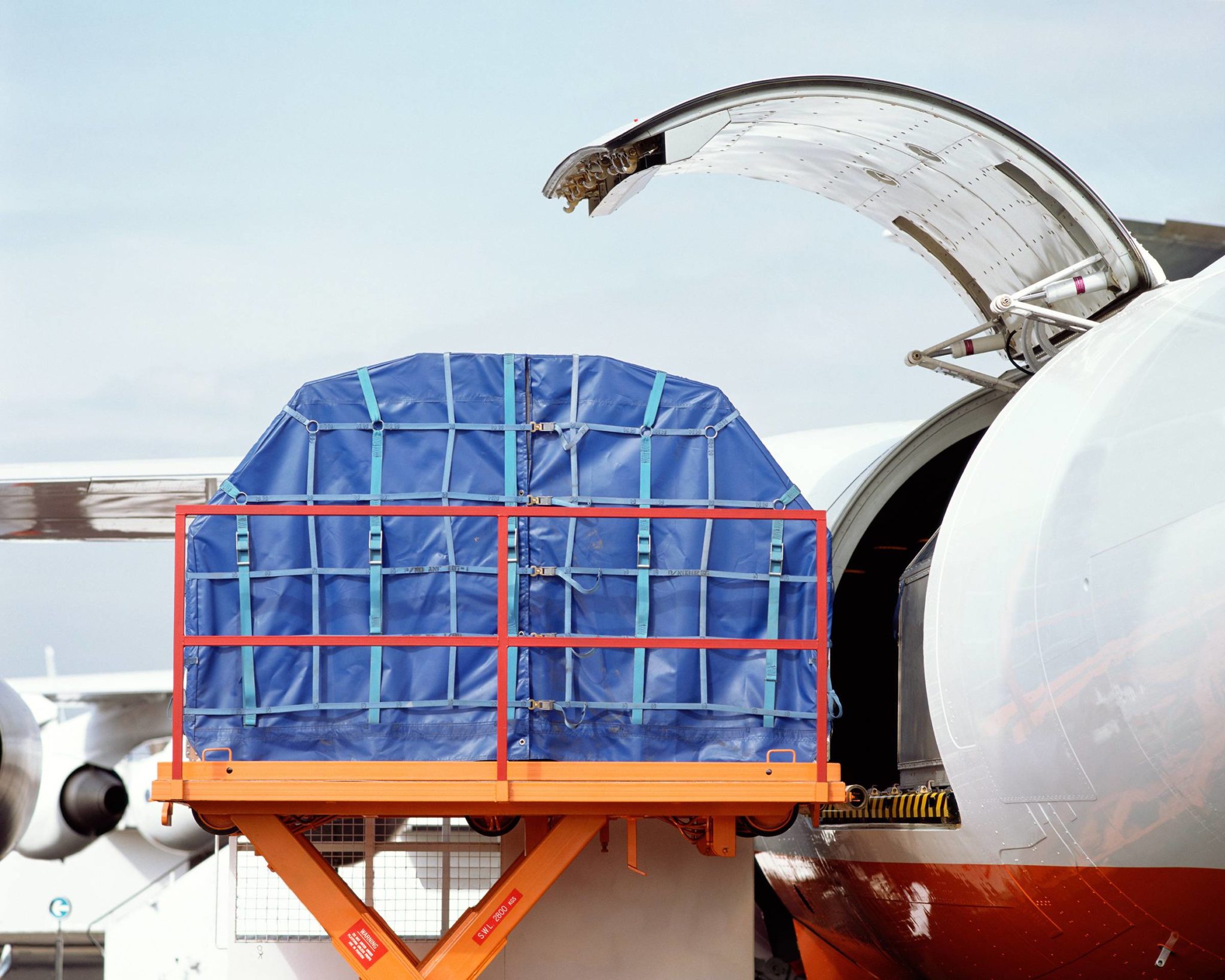The International Air Transport Association (IATA) has called on the Mexican Government to develop a joint transition plan to facilitate moving dedicated cargo operations from Mexico City’s International Airport (MEX) to other airports in the country. A draft Presidential Degree was issued last week advising that dedicated cargo operations would be prohibited at MEX in 90 working days, forcing airlines to look for alternative locations in the country.
While the industry understands the need to alleviate the over saturation of MEX, expecting airlines to move their cargo operations in such a short timeframe is not feasible given the enormous technical, regulatory and infrastructural requirements associated with this transfer. The aviation value-chain has many interdependencies which need to be considered when devising a transition plan, hence cooperation between industry stakeholders and the government is of the essence.
“The biggest share of cargo operations in the Mexican market is currently handled at Mexico City’s International Airport. Neither airlines nor the associated cargo supply chain can just pack up and move to an alternative airport. The relocation process poses a significant challenge and needs to be well planned to avoid any operational disruption. For this we need all stakeholders to work in a collaborative manner, thus ensuring the safe and secure flow of cargo in and out of the country,” said Peter Cerdá, IATA’s Regional Vice President for the Americas.
The Mexican government is strongly encouraging airlines to take advantage of the new Felipe Ángeles International Airport (NLU) as an alternative for their dedicated cargo operations. For this to occur, the authorities first need to deliver on some critical, interdependent cargo infrastructure elements that are still pending at NLU, including the lack of:
- Compliance of third-party certifications that are required by the operators of the terminal(s), for example (ACC3-RA3) cargo that is transported to Europe;
- Properly equipping cargo warehouses, authorized by Mexico’s Civil Aviation Authority (AFAC);
- Operational customs system;
- Sufficient customs brokers to clear imported cargo;
- Registration of cargo agents for NLU.
In addition, regardless of processing cargo or passenger flights, another critical pending action is the government’s completion of the ground transportation infrastructure to and from NLU which is wholly inadequate to support the movement of passengers and cargo.
“Air cargo plays a vital role in the ongoing socio-economic development of Mexico. Any extended disruptions to the Mexican air cargo infrastructure will negatively impact the well-being of the country’s citizens and businesses. The industry stands by to continue its on-going dialogue with the authorities on a viable transition plan to ensure that the delivery of critical goods by air is maintained for the residents of Mexico and that cargo airlines can operate safely, securely, and efficiently,” said Cerdá.



